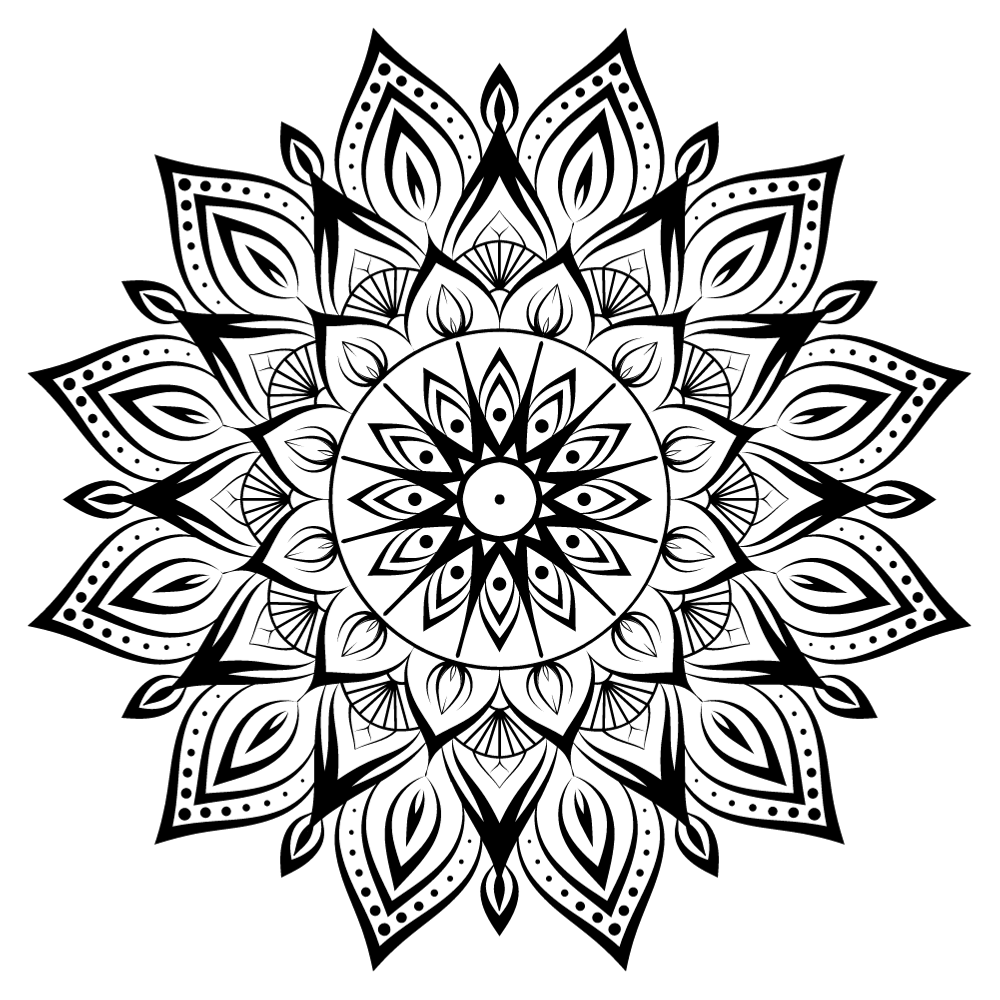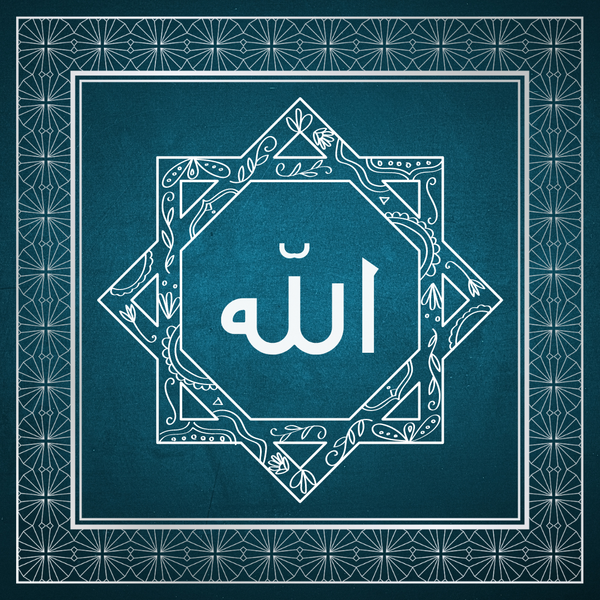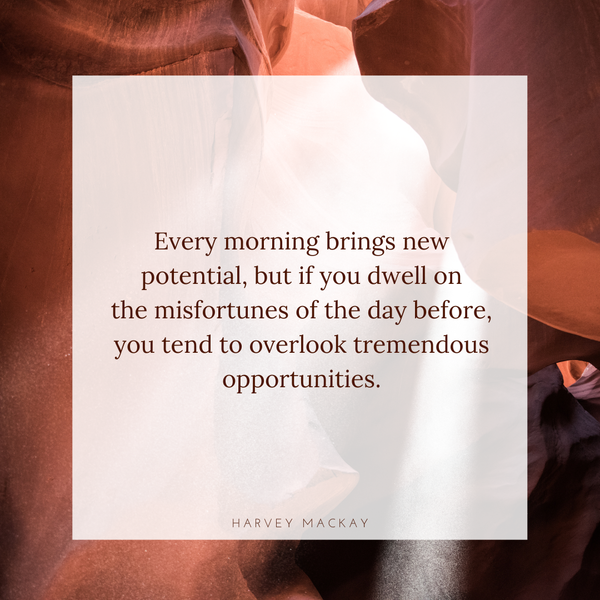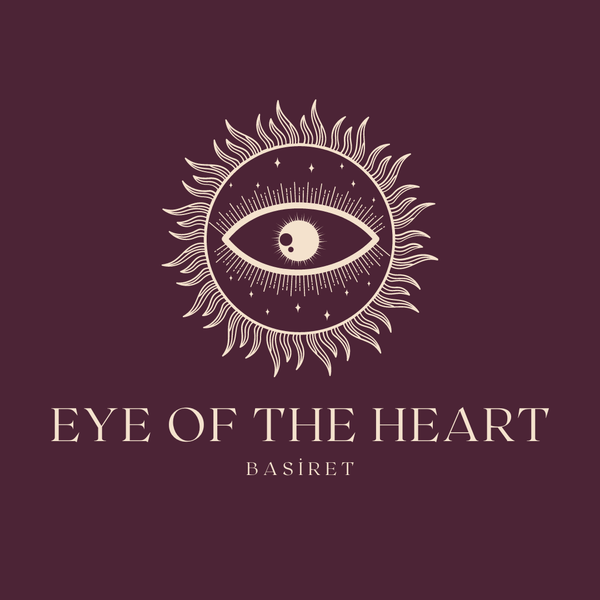Beauty
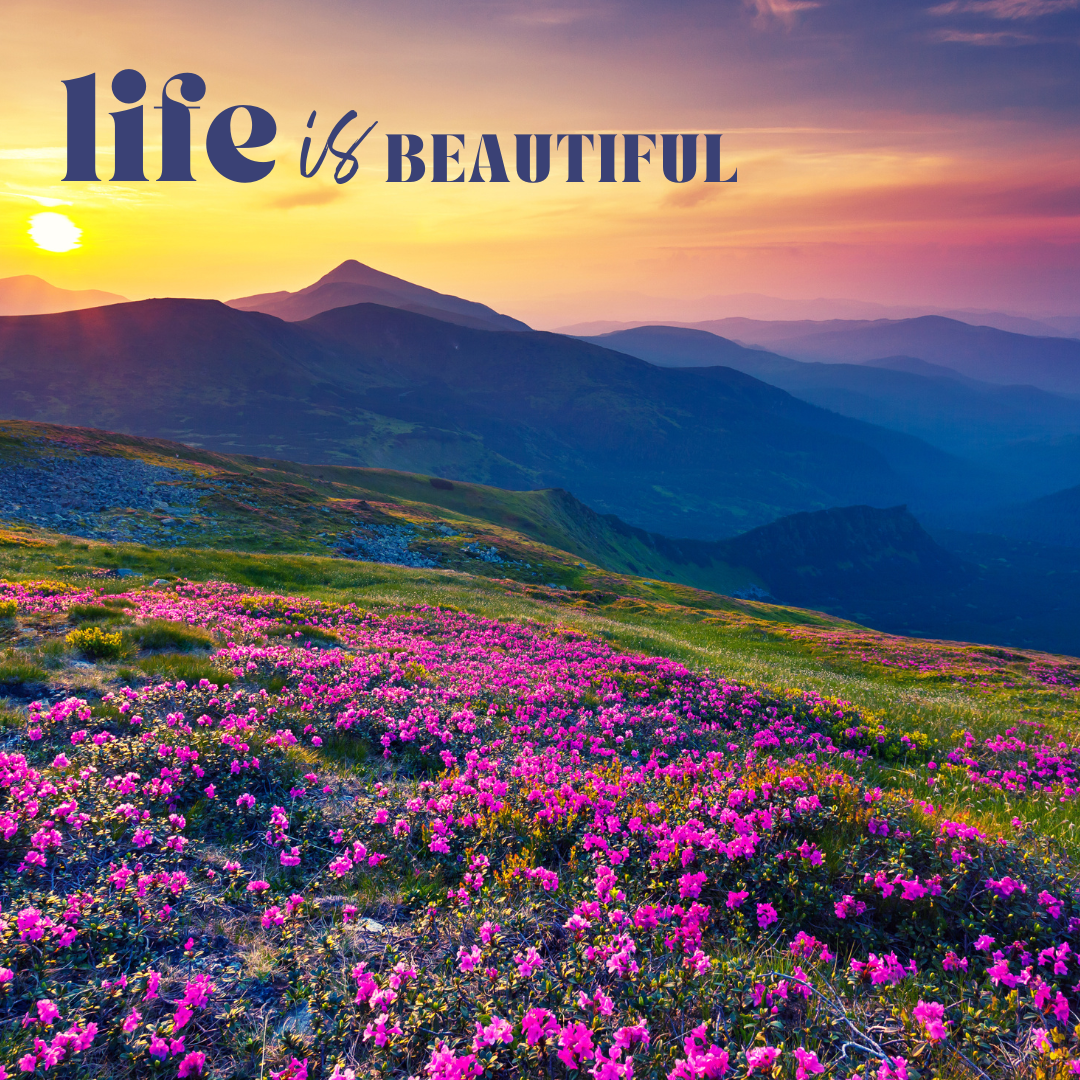
Words meaning beauty and beautiful are derived from the "hüsn" root and found in about 200 places in noun and verb forms in the Quran. Most of these are found in noun form.This shows that, in human life, beauty appears more as an abstract feeling rather than an action.
The words used in the Quran are as follows: Hüsn (beauty, beautiful), hasen-hasene (beautiful deed and thought), hüsna (more beautiful, response given to the beautiful), ahsen (most beautiful), ihsan (thinking and acting beautifully), muhsin (the one who thinks and behaves beautifully), and some verbs from this root in various tenses.
Since we have already explained the hüsn (beauty, beautiful) concept in detail in our work "Din ve Fıtrat", in a chapter titled "Appearance of Creative Essence as Harmony and Beauty", we will only present some very important perspectives of the Quran.
According to the beautiful expression of Râgıb, hüsn is used for everything that are valuable, elegant and appreciated. Beauty can be with respect to the mind as well as with respect to feelings. Hasene, which is derived from the root hüsn, is used for all blessings that make human beings happy. İhsan is to present blessings to others and behaving beautifully in actions while giving more than that is the obligation and receiving less than the rightful. In this form, ihsan, is a supremacy which goes beyond justice. (Râgıb, the "hüsn" article)
Before anything else, Allah's activity is an act of beauty. One of Allah's name-adjectives is Muhsin and it means the One that does and creates beautifully. In addition, in all names counted in the Beautiful Names of Allah, such as Bedî', Mübdi', Cemil, Nur and so on, there is an aspect of beauty. Thus, when it is considered with respect to Allah, one of the main characteristics is beauty. And in being, there is no ugly or bad in absolute terms. The chaos, evil and ugliness begins when human being comes into the scene.
Since Allah is Muhsin, it created everything beautifully. It also created human being beautifully and even in most beautiful form. (32/7; 40/64; 59/24; 64/3; 95/4)
The verses drawing attention to the beauty of human essence underline the concepts of consistency / stiffness and image. It means that beauty of the human being's essence is, first of all, a beauty of form. The beauty of the human being's inner world is also sourced from God. The true ownership of this kind of beauty belongs to God. Human being is only a vehicle existence for this. The beautiful sound coming from the reed does not belong to the reed but it belongs to the self who blows into it. Certainly, it is also beautiful to be a vehicle for the self who blows into the reed but this does not mean that the creator of beauty is the reed. All of the beautiful things that the human being creates belong to God and human being's brain, heart, hand, tongue etc. are used for them.
Always beauty is manifested through Allah. Evil and ugly are the produces of human being's ego. (4/79) Allah is the most beautiful of creators. (23/14; 37/125) It is Allah that paints those It makes exist with the best of colors. (2/138) Allah is also the most beautiful with respect to rendering decree. (5/50) The most beautiful of the blessings also comes from Allah. The meaning of this is that the beautiful blessing is the one which is not degenerated but natural with unspoiled characteristics. The blessings whose natural characteristics are spoiled, that is modified by human beings, are more or less far from the specialty and purity, which we could call "natural beauty".
Allah, who creates the most beautiful and paints with the most beautiful colors, also descends the most beautiful of the word as a book with verses of nested meanings full of lessons. That is, just like Its creative activity, Its words exhibit beauty. (39/23) For this reason, human being is commanded to obey the most beautiful of the descended word. The most beautiful of the words which are descended to human beings are the words of Allah. (39/55) And for this reason, one of the most important characteristics of the believers of the Quran is that they listen to the words and obey the most beautiful of them. (39/18)
The most beautiful religion is the religion of those who exhibit beauties and surrender only to Allah. (4/125)
Since Allah is the source of the most beautiful action, word and decree, the most beautiful names (Esmâül Hüsna) also belong to It. (7/180; 20/8; 59/24) Allah, the source of beauty and exhibitor of all beauties, also requests human beings to exhibit beauties. (16/90)
Just like Allah behaved you with beauty / benevolence, you also behave with beauty / benevolence.
28/77
As the famous Gabriel hadith states defines beauty as the consciousness of being with Allah at every moment, the essence of behaving with beauty / benevolence is to be conscious of being in union with Allah. It can also be said as follows:
The self who exhibits beauty is together with Allah at every instant.
It is also the Quran that states that life will be easier for those selves in whom beauty is sovereign. The expressions in the Leyl Chapter of the Quran state that those who include beauty, the beautiful, in short aesthetics in their lives would be happier and live easier. Those who do the opposite, despite their possibilities and rich assets, would be pushed to difficulties one after the other. The expressions used in these verses are the "acknowledgement of beauty" and the "denial of beauty". It is stated as follows:
For whomever gives from what s/he owns and abstains and aknowledges beauty, We will make the easiest even easier. But whomever deviates to parsimony, sees himself/herself superior to all needs, and refutes beauty, We will push him/her to the most difficult. When s/he topples down, his/her assets are not going to save him/her.
Leyl Chapter, 5-11. Verses
Human being is commanded to be on beauty, because his/her Creator is also on beauty. And the return of beauty / benevolence shall be nothing but beauty / benevolence. (Rahman Chapter, 60. Verse) However, Allah and Its subject are in different attitudes with respect to this point: While Allah exhibits beauty for both beauty and ungratefulness; human being can also exhibit ungratefulness not for ungratefulness but even for beauty / benevolence. It is s/he who acquires Allah's manners / creation / characteristics / essence that looks at existence and being as Allah looks and exhibits beauty / benevolence even in response to ungratefulness / concealing the truth. The sûfî thinker of the Turkish Islamic mysticism (tasavvuf) history, Kuşadalı İbrahim Halveti (death. 1845), expressed this lesson of thankfulness - ungratefulness as follows:
Goodness to goodness, all persons can,
Goodness to ungratefulness, mature persons can,
Ungratefulness to goodness, evil persons can.
For Kuşadalı İbrahim Halveti and his thoughts, please see Prof. Öztürk's book and PhD thesis titled "Kuşadalı İbrahim Halveti".
Quran calls those who are on beauty as "Muhsin". Thus, one of the name-adjectives of Allah is used for the "matured human being" as an adjective. Allah is Muhsin and commands Its subjects to also be muhsin. Muhsin means the person who exhibits beauties and who does beautiful deeds righteously as they deserve. The obligatory outcomes of this is expressed as follows:
- Allah is together with the "Muhsin" persons. (16/128; 29&69)
- Allah loves the "Muhsin" persons.
- The "Muhsin" persons are those who held a rope which never breaks or spoils. (31/22)
- The divine good news address the "Muhsin" persons. (6/154; 22/37)
- The Quran, which is the most beautiful of the divine good news, is also a book that transmits light and blessings to the "Muhsin" persons. (31/3; 46/12)
- The mercy and grace of Allah is always near "Muhsin" persons. (7/56)
- Acknowledgement of the beautiful, actualization of beauty in life melts the difficulties / obstacles in front of the human being and makes life more beautiful and easier. Doing the opposite of this and turning their back to the beautiful are encountered with unhappiness, difficulty and steep climbs. (92/6-9)
- All of the beautiful outcomes of the beauties exhibited by the human being certainly reach him/her. Likewise, all ugliness, evil and ungratefulnesses stand in front of the human being who exhibits them. (17/7; 18/30)
- There is nobody who can suppress and win over those who make the beautiful and beauty sovereign in their lives. (9/91)
One of the most interesting points of the concept of beauty is as follows: The Creator does not reciprocate one to one for those who exhibit beauty. One to one reciprocation is a result of justice. However, beauty (ihsan) is superior to and beyond justice: Those who are on beauty shall receive ten to one or more rewards:
For those who are on beauty / benevolence, there is more beauty /benevolence and even beyond.
Yunus Chapter, 26. Verse
For those who bring about a beauty, there is ten times of that is brought about.
En'am Chapter, 160. Verse
Whomever brings about a beauty, s/he is given more superior to that which s/he brings about.
27/89; 28/84; 4/40; 42/23
Creator Force, makes another exception to the principle of one to one reciprocation of justice while distributing Its grace. Instead of giving Its grace to those who deserve, It states as follows:
Our grace is aimed at whomever We wish.
Yusuf / Joseph Chapter, 56. Verse
Giving those "Muhsin" persons more than their deserved right and making Its grace reach those who do not deserve it, are the most beautiful examples of Allah's infinite generosity.
Reciprocation of beauty with beauty take place in both temporary worldly life and eternal afterlife. (3/148; 16/30; 39/10) In this way, Quran did not tie the expectations of those who exhibit beauty to a utopia. Nevertheless, the highest of the reward which will be given to beauty is in the presence of Allah. (3/14, 195; 13/29; 38/25, 40, 49) The person of Allah knows this; however, s/he does not forget the necessities of the realities of life and human being. The contribution of a reward which is registered only to afterlife, beyond death, would be very limited to the maturing / evolution / development / perfection of the human being. For this reason, the Quran makes its believers pray as follows:
Our Lord! Give us beauty in the temporary world; also give us beauty in the afterlife.
Bakara Chapter, 201. Verse
Th thing that the Quran is disgusted from is not asking for beauty and happiness in this temporary world; but the limitation of beauty and happiness only to this temporary world'a three dimensional conditions. The Quran calls this as the "lack of share in the afterlife" and warns its believers about this unfortunateness. (2/200; 28/77)
Exhibiting beauty following ugliness clears out the results of the ugliness and this is an extension of Allah's forgiveness. So, the Quran continuously calls human beings to replace ugliness with beauty. (13/22; 28/54; 11/114; 25/70; 27/11) The ability to respond ugliness with beauty might convert the most hostile enemy to a sincere friend. (41/34)
As a result, the adjective beautiful modifies the following concepts:
Beautiful lending: This is a lending given to Allah and its reward is to receive a multiple of it and forgiveness. (2/245; 5/12; 64/17; 73/20)
Beautiful blessing: This expression is used for dates and grapes. (16/67)
Beautiful habit: Enfal Chapter 17. verse uses this for the sufferings and challenges that believers encounter. Essentially, the Quran shows all life as a tool to make choices by the ways of beauty and ugly. (7/168; 11/7)
Beautiful example: By this expression, the Quran means prophets Hz. Abraham and Hz. Muhammed. They are the most elegant examples for those who want Allah and eternity. (33/21; 60/4)
The adjective that is chosen in order to modify the two great prophets of the oneness religion is interesting: beauty. Perfect, superior, unmatchable, useful etc. are not used but the word beauty... It means that the divine revelation guidance requires leaders who would establish happiness, peace and wealth based on a structure with a backbone of beauty.
Beauty is an indispensable characteristic for all values of divine revelation. Neither good, nor useful alone can provide the expected benefits. All of these values should be modified and united with beauty. We would like to give an example behavior from God's Messenger Hz. Muhammed:
His little son İbrahim from Mâriye had passed away. His funeral was ongoing. The grave was about to be closed. The prophet wanted to see the grave. He looked at the grave and called the person who dig the grave. He said to him: "There is a cut next to the grave, close it." The gravedigger replied: "There is no harm to the grave or the deceased by that!"
Upon this reply, prophet answered as follows, showing that beauty should be present in all of human life:
"It is true that the cut does not harm the grave or the deceased; but it disturbs the eyes of the living." (Tevfik el-Hakîm; Muhammedi Aleyhisselam, 98-100)
The principle is presented magnificently:
There is an obligation to not to disturb the human eye. And the human eye has the right to see beauty. Life cannot be confined into an oppression of cost and benefit. There is a value that is higher and beyond this oppression that human being cannot live separate from that. This value is beauty as a whole, with all its manifestations.
The Quran has established one of the most interesting connections of beauty with industry (technology). Kehf chapter, 104. verse states that the beauty produced by industry or technology is not a true beauty and it only gives a supposition to those who produce it.
In order to understand the verse well, the context from the previous verses should be taken into consideration. It is stated as follows:
"Shall I inform you about those who sink into disappointment with regard to their deeds? Those are the persons, whose efforts are in vain in earthly temporary life and they still think that they do industry well."
It means that beauty expected from technology is merely a deception. In essence, the Quran draws attention that human being has a character which sees some uglinesses, which can be bedizened, as beauty. And this is. one of the deviation points of human beings. (35/8; 3/120; 9/50)
Before closing the beauty subject, we would like to touch upon two more points.
- The Quran requests that respect and service to parents to be in the form of exhibiting beauty.
- Call to Allah must be upon beauty, even exhibiting the most beautiful
If necessary a struggle can be undertaken while calling to Allah. However, this struggle must also be undertaken with the most distinguished of beauty. (2/83; 16/125; 28/46)
